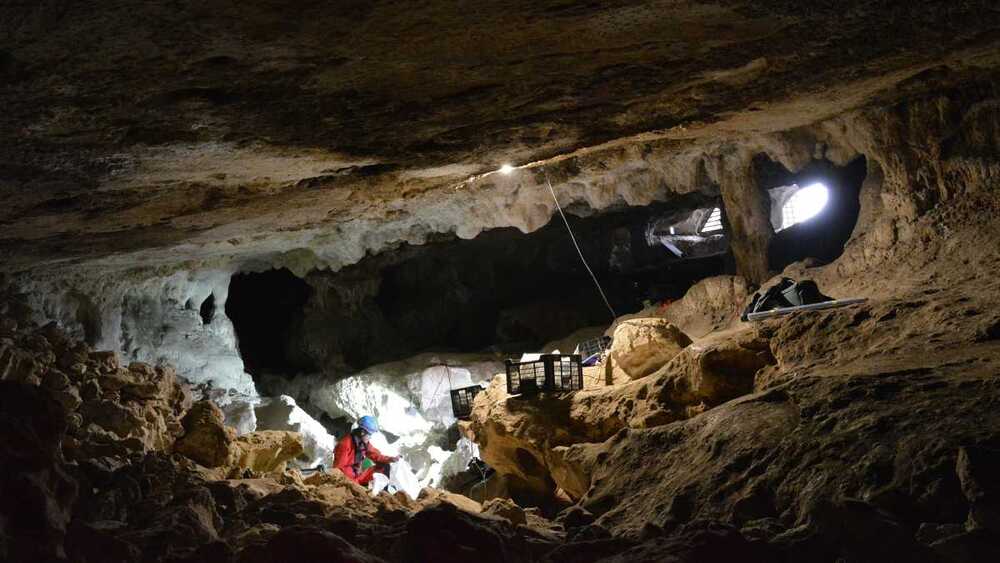Europe was covered in thick ice sheets around the time of the last glacial maximum around 20,000 years ago, during which time sea levels were more than a hundred metres lower than today.
Shielding themselves from the frigid conditions in western Europe, cave-dwelling humans occupied rock shelters and caverns and in one site near Granada in Spain, archaeologists have unearthed remains providing the oldest human genome recorded in the region.
This 23,000-year-old genome from Cueva del Malalmuerzo is the oldest found in the Andalusian region and one of the oldest recorded. Researchers from the Max Planck Institute for Evolutionary Anthropology have connected these genetic remains to those of a 35,000-year-old Belgian specimen found in 2016.
